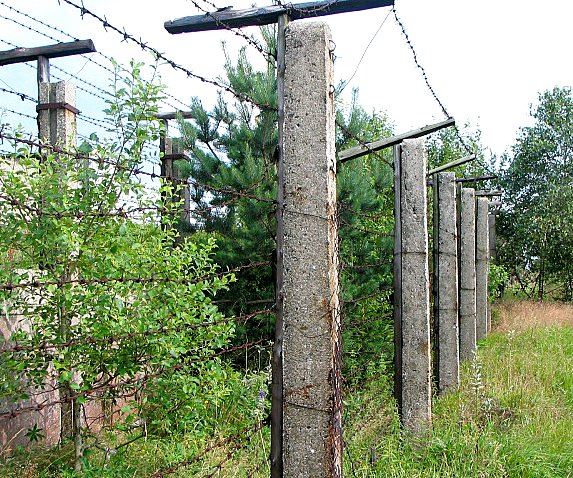
Iron Curtain
The Iron Curtain is a term describing the political boundary dividing Europe into two separate areas from the end of World War II in 1945

The Iron Curtain is a term describing the political boundary dividing Europe into two separate areas from the end of World War II in 1945
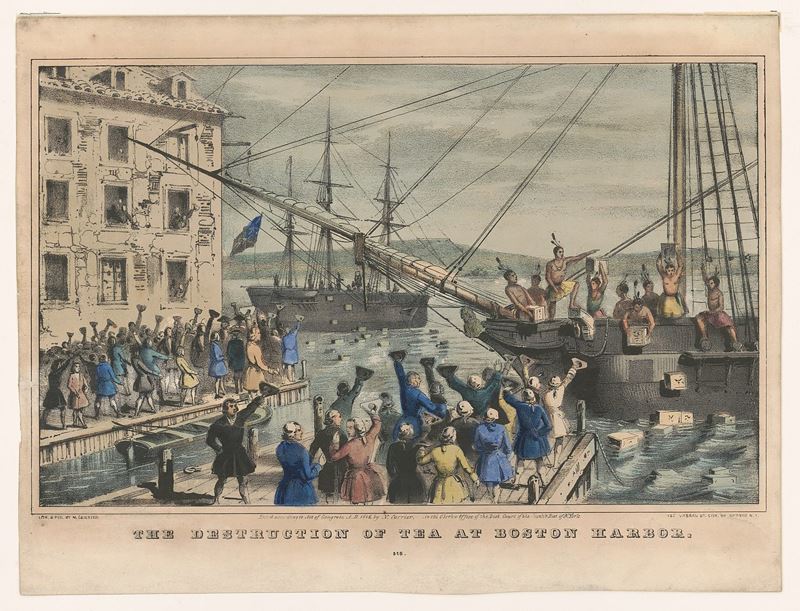
Table of Contents The American Revolutionary War was fought from 1775 to 1783 and resulted in the independence of the United States from Great Britain.
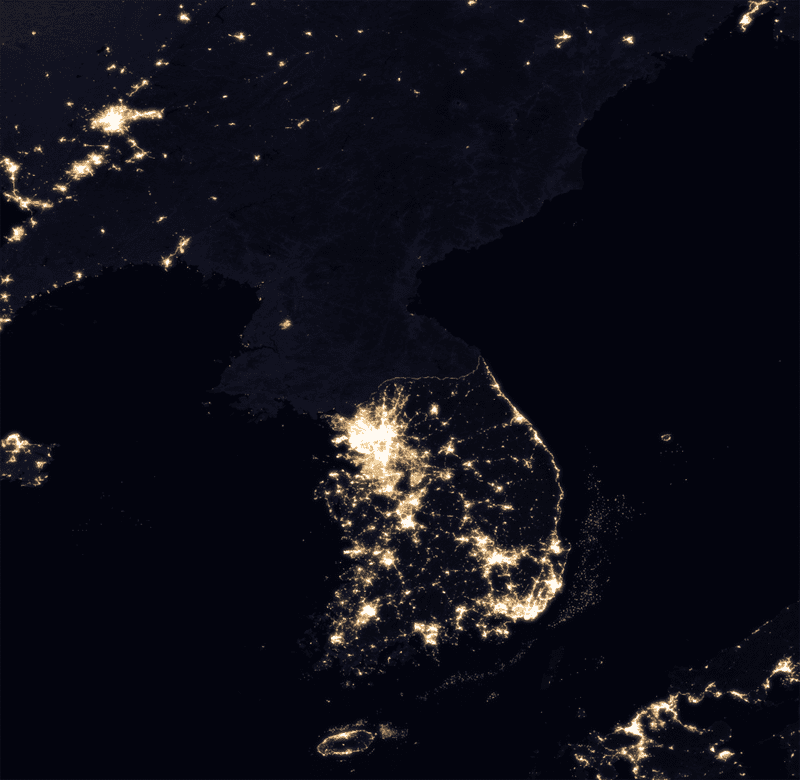
Table of Contents A History of the Korean Demilitarized Zone The Korean Demilitarized Zone is a strip of land running across the Korean Peninsula that
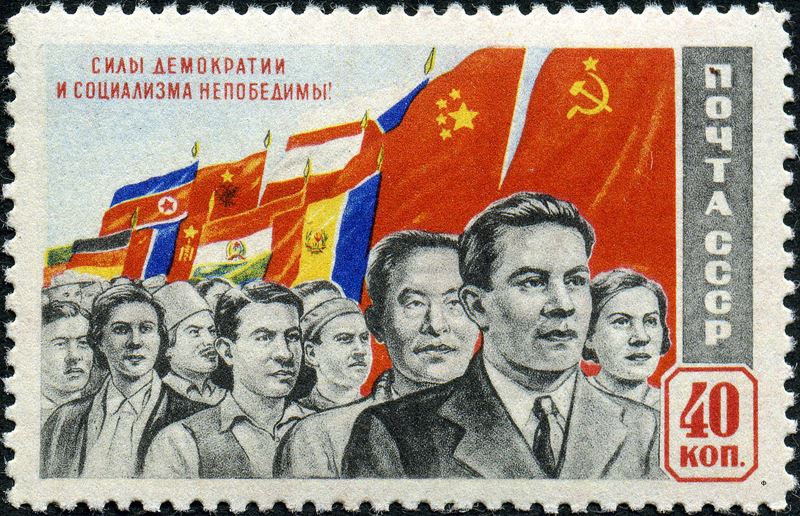
The Eastern Bloc, also known as the Communist Bloc and the Soviet Bloc, was the group of socialist states of Central and Eastern Europe, East
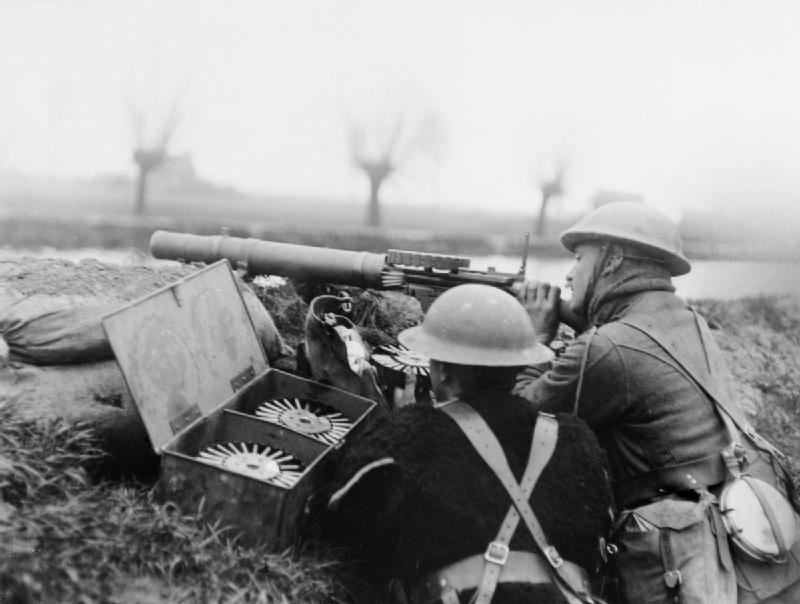
The German spring offensive, or Kaiserschlacht (“Kaiser’s Battle”), also known as the Ludendorff offensive, was a series of German attacks along the Western Front during
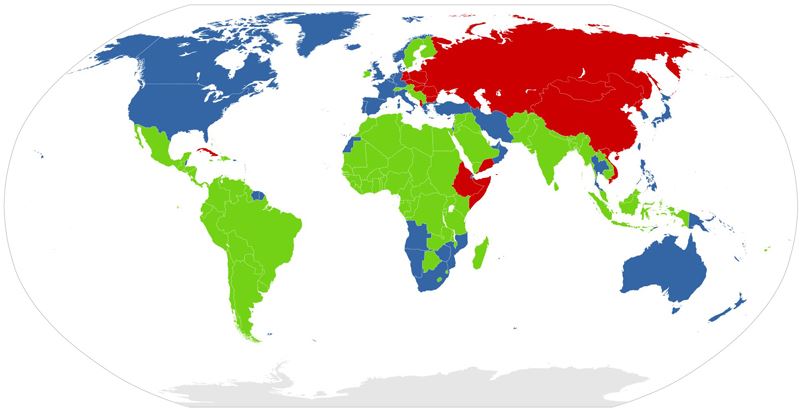
The Western Bloc, also known as the Free Bloc, the Capitalist Bloc, the American Bloc, and the NATO Bloc, was a coalition of countries that
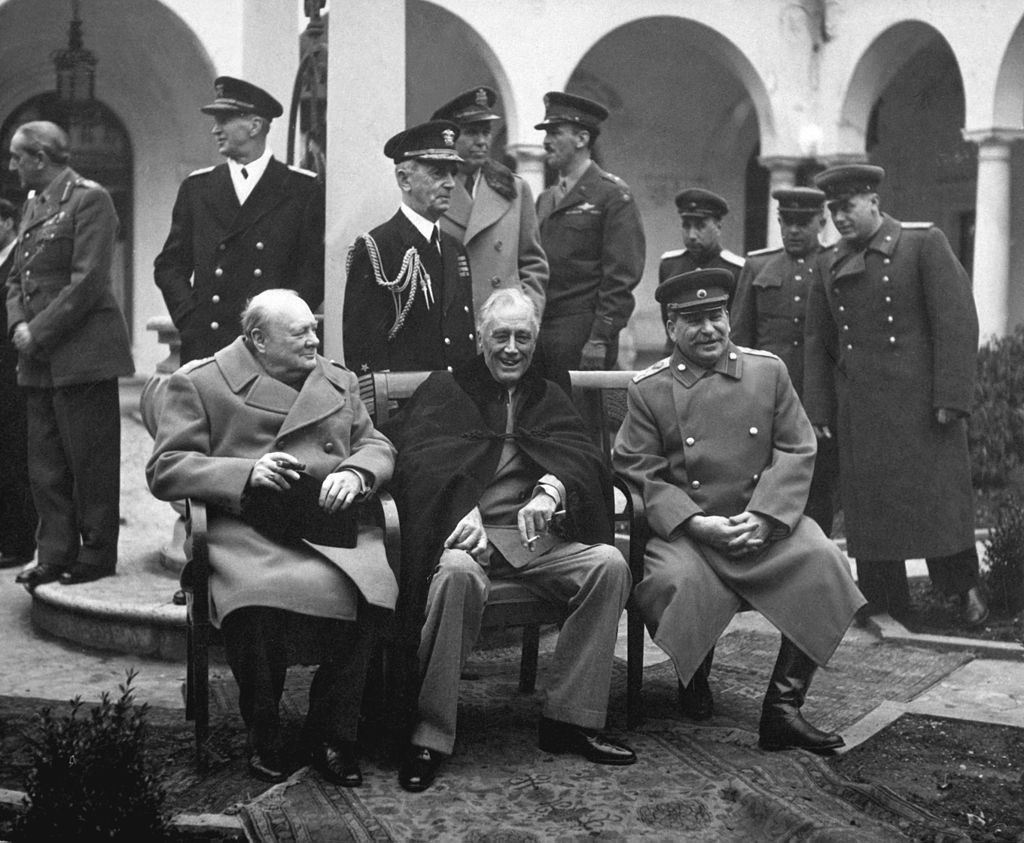
Germany and the Soviet Union were sworn enemies, but following the Munich Agreement, which effectively handed over Czechoslovakia (a French and Soviet ally, and the
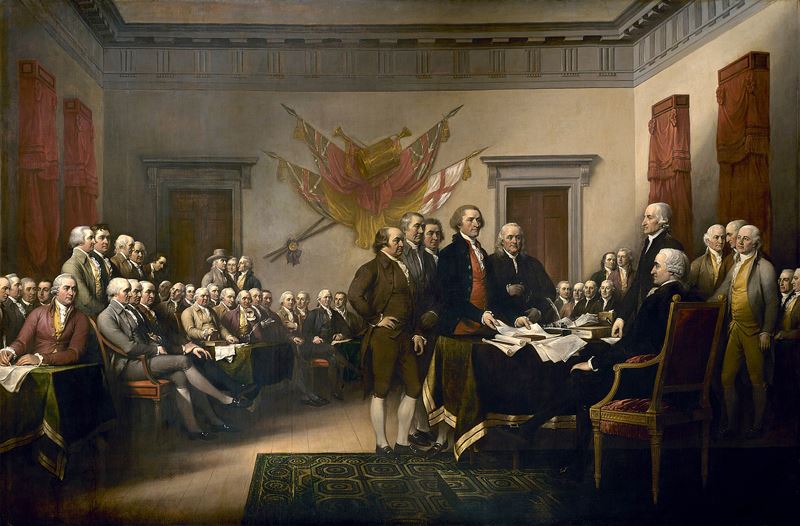
Timeline of the American Revolution — timeline of the political upheaval culminating in the 18th century in which Thirteen Colonies in North America joined together